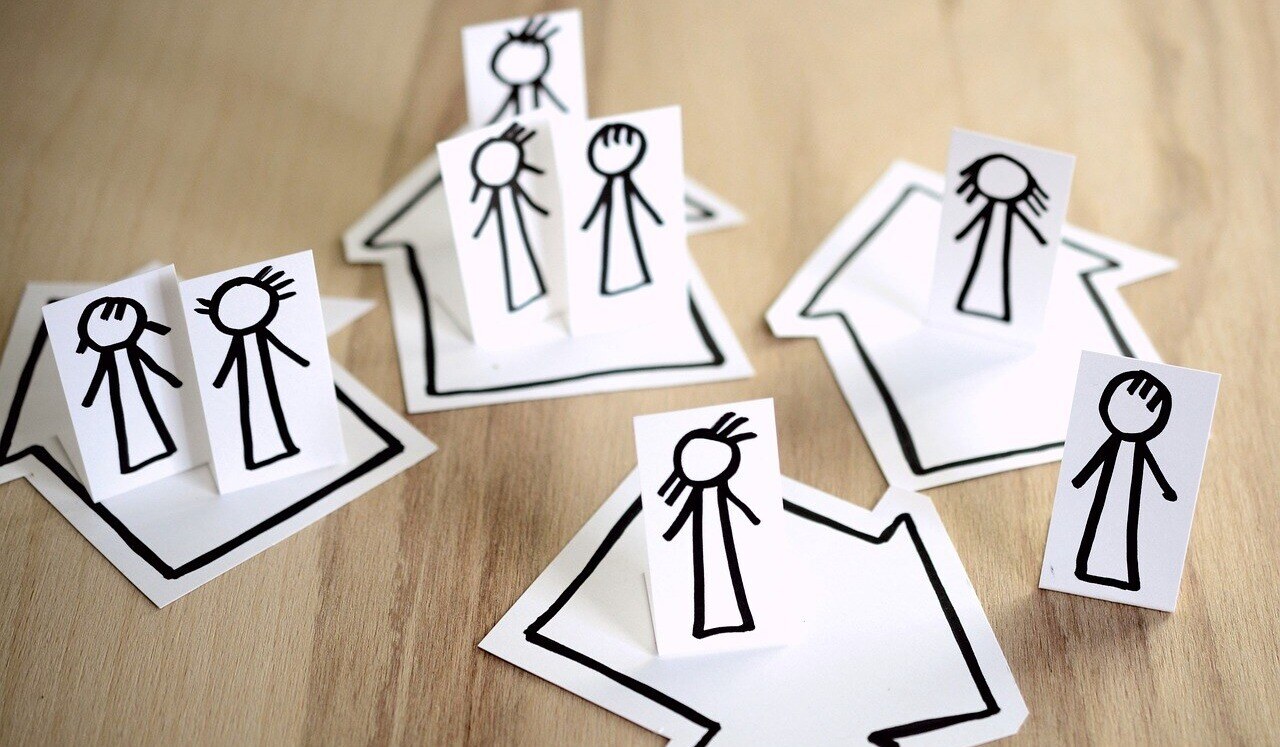When Blood isn't Thicker than Water
The holidays are looming, and this year, they’re following an emotionally charged election. Many of my clients and friends are already wrestling with...

One of the best things about being a counselor is that counseling is relational. We know from the research what leads people to feel successful in therapy, and that is the quality of the relationship between therapist and client. This matters more than the age and experience of the therapist, the particular struggle of the client, the type of therapy used by the therapist, or any other potential influence on counseling. Like other types of relationships, the therapeutic relationship is one in which there is both give and take.
I think many people assume what giving and taking looks like in the therapy space; after all, we all carry expectations and assumptions about what a relationship should and shouldn't look like. Those shoulds can limit us at best, and mislead us at worst.
I have a number of relationship counseling sessions on my regular books, and in working with clients, they have shared their struggles and their successes with me. One strength mentioned by many relationship units is the practice of a regular check-in between partners/family systems as a whole. In family systems, this sometimes looks like a family meeting, during which everyone in the family shares their successes and challenges, and the family is then able to both celebrate and work together to support one another (whether through developing/editing family rule systems, or otherwise). With partners, I have seen this concept be exceptionally successful through adopting the R.A.D.A.R. process (which comes to us from Multiamory.com).
The R.A.D.A.R. structure of re-connecting in an intentional is such a powerful tool for partners, and it's easily adaptable for families, friends, and many other relationship types, so feel free to make it work for your specific situation.

The holidays are looming, and this year, they’re following an emotionally charged election. Many of my clients and friends are already wrestling with...

1 min read
As an avid TikTok user (and if I'm really honest, my social media consumption is not just limited to TikTok), I have been seeing some really...

Phew - this blog is one that has me sweating as I write it and especially as I imagine putting it out into the world for other people to discover and...